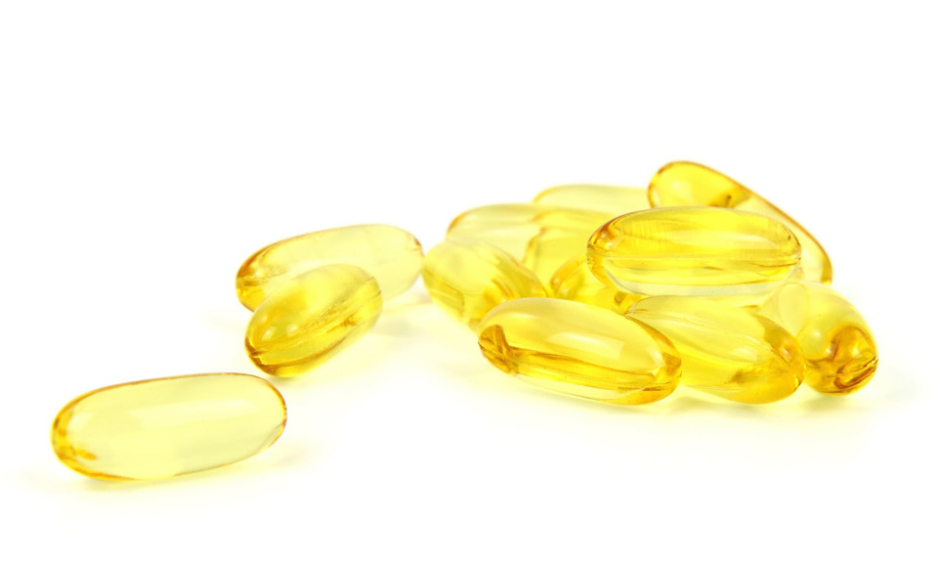ORAL vitamin B3 supplementation could be the new method for treating, and potentially preventing, acute kidney injury, according to new study results from the Beth Israel Deaconess Medical Center (BIDMC), Boston, Massachusetts, USA.
Acute kidney injury is a temporary condition in which the kidneys unexpectedly stop functioning. This is due to an accumulation of waste products in the blood, resulting in the kidneys being unable to maintain the fluid balance in the body. The condition usually occurs due to complications during hospitalisation and can prove fatal in some cases; the National Institutes of Health (NIH) has reported that 9.5% of adults with acute kidney injury died as a result of their condition in 2013. Elderly individuals, patients in intensive care units, and those who are already hospitalised are particularly at risk.
The researchers at BIDMC studied the metabolism of mice with acute kidney injury. Urine examination found that the mice had lower levels of nicotinamide adenine dinucleotide (NAD+). NAD+ is the substance formed in the final stage of vitamin B3 metabolism, following ingestion of the vitamin.
In addition, urine tests found high levels of the NAD+ precursor quinolinate. The researchers hypothesised that the enzyme that catalyses the transformation of quinolinate into NAD+, QPRT, may be defective in these patients. To test this, the researchers genetically engineered mice that had lower levels of QPRT but with otherwise healthy kidneys. These mice started to develop signs of acute kidney injury, including reduced NAD+ and increased quinolinate levels.
The researchers tested their theory in four human studies, finding that those who were prone to acute kidney injury following major surgery had higher levels of quinolinate in their urine. When giving large doses of vitamin B3 to 41 patients who had undergone cardiac surgery, they found that the patients had higher levels of NAD+ in their urine, suggesting its potential as a safe treatment or prophylactic in these patients.
The researchers have expressed that these preliminary results could prove highly beneficial in the future: “These findings are very early, but the results suggest that we could one day have a non-invasive test for NAD+ status and perhaps even treat acute kidney injury by boosting NAD+ levels,” said Dr Samir M. Parikh, lead researcher at the BIDMC.








